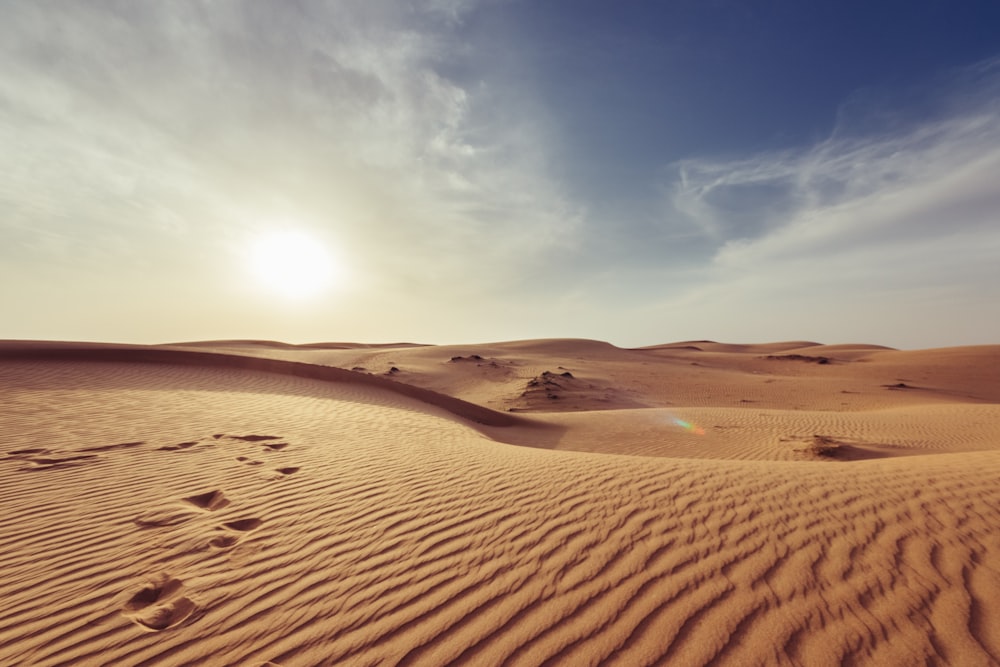बदला बदला सा है लग रहा वो शक़्स क्यों
के भूख नहीं जानती तहज़ीब-ो-अदब कोई
शहर से जा रहा वो छाले लिए पैरों में
के उसे बुला रहा गांव का टूटा घर कोई
Last
night I saw a very disturbing video of a migrant laborer eating a dead dog on a
highway in Rajasthan. He must have been terribly hungry and destitute. This is
the story of our laborers who leave their villages for cities to earn bread
& butter. Cities have proved them wrong; there is no love for them.
Employers have not paid them their dues and government is busy in blame games.
The poor migrants are going though a very rough patch. That
video shook me somewhere deeply and these poems came out. I applaud people who
are helping them. At the end of the day, it is people supporting each other
only.
The
translation –
Why
does that person seem different these days?
For
hunger knows not of any manners & etiquettes
He
is leaving the city with blisters on his feet
For
that tattered hut in his village is calling him

